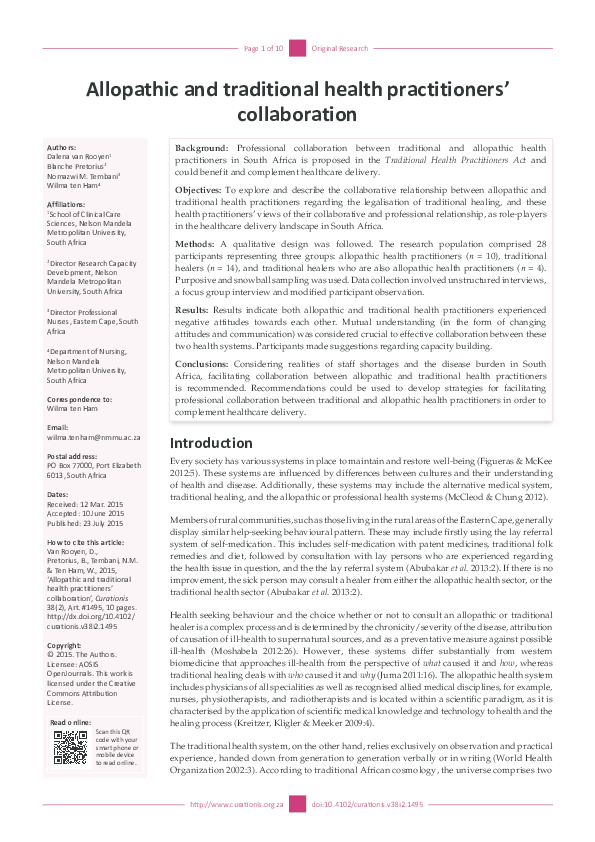

There is some concern that antidiarrheal medications could prolong bacterial infection by reducing the removal of pathogens through stools. People can buy this product online or over the counter. Pepto-Bismol reduces diarrheal stool output in adults and children. It is available to purchase over the counter or online. Imodium is an antimotility drug that reduces stool passage. These include loperamide (Imodium) and bismuth subsalicylate (Pepto-Bismol). Over-the-counter antidiarrheal medications are also available. Various products are available to purchase online. Zinc supplementation may also reduce the severity and duration of diarrhea in children. The World Health Organization (WHO) say that ORS can safely and effectively treat over 90% of nonsevere diarrhea cases.

In developing countries, ORS costs just a few cents. The small intestine absorbs the solution to replace the water and electrolytes lost in the stool. Oral rehydration solution or salts (ORS) refers to water that contains salt and glucose. In severe cases, however, a person may need intravenous fluids. People can replace fluids by simply drinking more of them.

For all cases of diarrhea, rehydration is vital. RehydrationĬhildren and older people are particularly vulnerable to dehydration. The sections below will discuss some possible treatment options in more detail. Mild cases of acute diarrhea may resolve without treatment.įor persistent or chronic diarrhea, a doctor will treat any underlying causes in addition to the symptoms of diarrhea.
Cancer-related causes: Neoplastic diarrhea is associated with a number of gut cancers. This is the case in Addison’s disease and carcinoid tumors. Endocrine-related causes: Sometimes, hormonal factors cause diarrhea. Drug-induced diarrhea: Laxatives and other drugs, including antibiotics, can trigger diarrhea. Various bacteria and parasites can also be the cause. Chronic infections: A history of travel or antibiotic use can be clues in chronic diarrhea. Malabsorptive and maldigestive diarrhea: The first is due to impaired nutrient absorption, and the second is due to impaired digestive function. It develops due to inflammation and occurs often during the night. Microscopic colitis: This is a persistent type of diarrhea that usually affects older adults. Some other major causes of chronic diarrhea include: Both conditions can also cause blood in the stool. IBD describes either ulcerative colitis or Crohn’s disease. Inflammatory bowel disease (IBD) is another cause of chronic diarrhea. IBS causes many symptoms, including cramping, abdominal pain, and altered bowel habits, which can include diarrhea, constipation, or both. In the developed world, irritable bowel syndrome (IBS) is the most common cause of functional diarrhea. Some cases of chronic diarrhea are called “functional” because although all the digestive organs appear normal, they are not functioning as they ideally should. The most commonly identified causes of acute diarrhea in the United States are the bacteria Salmonella, Campylobacter, Shigella, and Escherichia coli. The microbes responsible for this infection include: Many cases of diarrhea are due to an infection in the gastrointestinal tract.







 0 kommentar(er)
0 kommentar(er)
